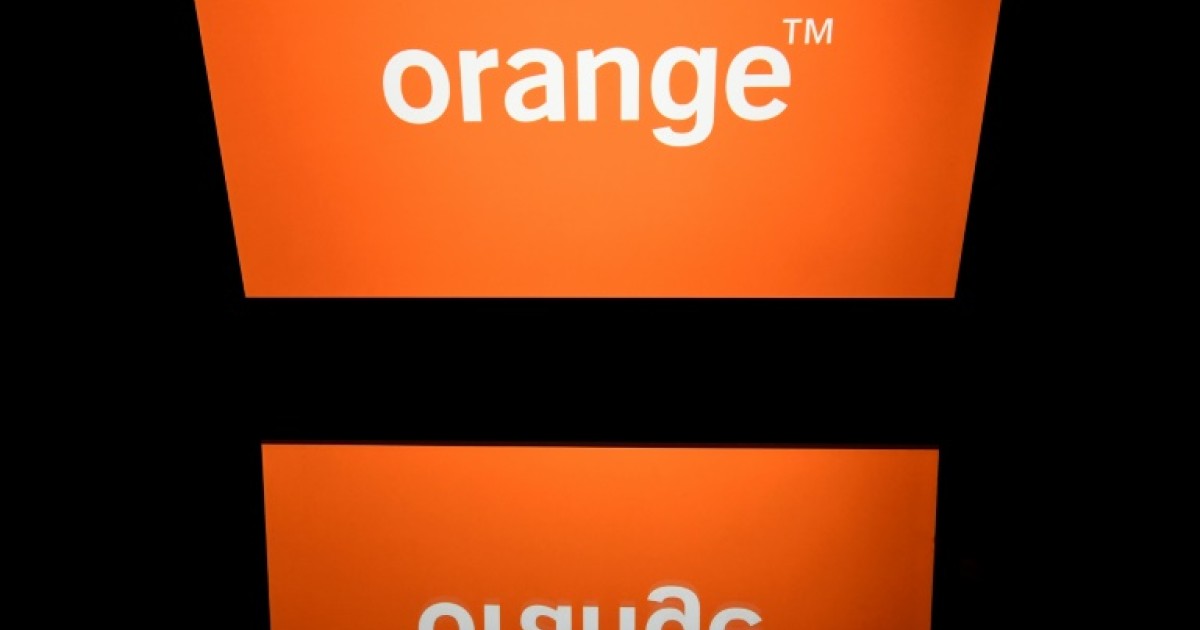By connecting via WLAN, a technology has been created that ensures a seamless transition between traditional cellular telephony and WLAN networks. However, it is important to be careful outside. There may be additional costs for connection via WLAN.
Most people should know this from their own experience: cellular connectivity in buildings isn’t always what you want it to be. This is especially true for underground parking lots, shopping centers or similar large building complexes. This is one of the reasons why WLAN communication has established itself as a technology that ensures a seamless transition between traditional cellular telephony and wireless local area networks. If the smartphone is also connected to the Internet via WLAN, it can automatically switch between the two technologies. The prerequisite is that the mobile device is logged into the respective site via LTE. WLAN calls are now supported by a full range of smartphones and mobile tariffs, even if providers sometimes choose slightly different names: Deutsche Telekom calls it WLAN Call, Vodafone WiFi Call (ing), o2 / Telefónica calls it WLAN -Telephony – the meaning is the same Always.

Zoom
If you go on vacation in another EU country, you won’t usually pay any additional fees to make mobile phone calls. The roaming system does not cover calls over WLAN.
In addition to the advantages of being able to make dead-zone calls and the often better call quality, outside of the EU you also benefit from a cost advantage. If you call Germany from outside the EU, the WLAN call will be billed as a local call. So if you booked a flat rate phone anyway, you wouldn’t pay anything extra. Without a fixed rate it is at least much cheaper, because regular “global calls” often cost more than 1 euro per minute.
However, it is important to be careful abroad, specifically within the European Union. Because in the European Union and in the European Economic Area with Liechtenstein, Norway and Iceland, the principle of “walk around like home” is now applied. You can then use the phone as if you were at home: make calls, send texts, and surf the Internet without additional charges.

Zoom
Since making calls via a WLAN connection in other EU countries can cause additional costs, you must turn off the option in the mobile phone and connect via the cellular network.
However, this only applies to the cellular network, but not to the WLAN connection. Such calls are not subject to EU roaming rules, so providers can charge additional costs. To avoid this, deactivate the option to connect via WLAN either with the provider or in the settings of your smartphone before leaving Germany.
advice:
Waze: Plan the route on your PC and transfer it to your smartphone

“Devoted gamer. Webaholic. Infuriatingly humble social media trailblazer. Lifelong internet expert.”





